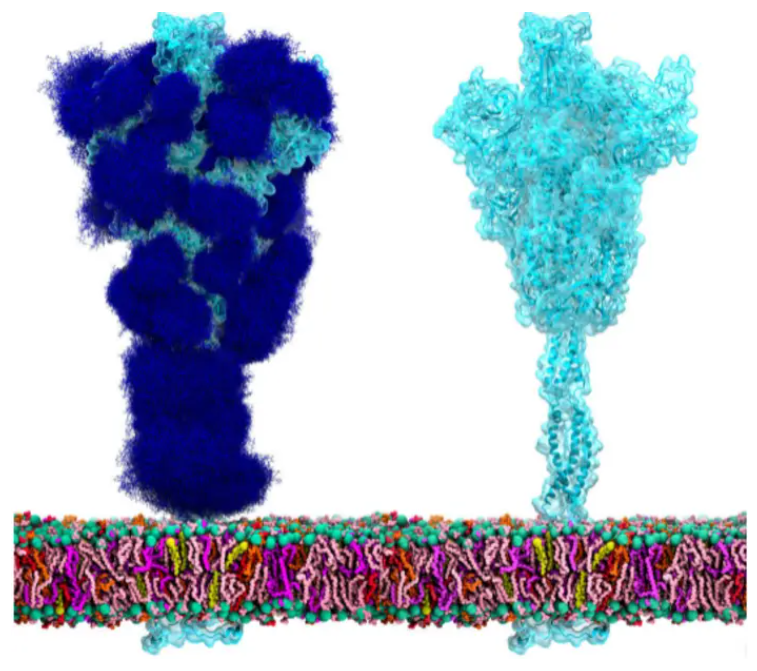
In this week’s DocWire Homepage news: The CDC confirms the first possible case of COVID-19 community spread in America; mistreatment in medical school is more common among women, minority, and LGB students; brain iron may predict the onset of dementia in patients with Parkinson’s disease; and find out what rare condition a “Stranger Things” actor has helped raise public awareness on.
CDC Confirms First Possible Instance of COVID-19 Community Spread in U.S.
This week, the Centers for Disease Control and Prevention (CDC) confirmed an infection of the Wuhan coronavirus, COVID-19, in California in a person who reportedly did not have any relevant travel history to an area affected by the outbreak, nor did they have exposure to a known patient with the virus. This development comes after the CDC warned Americans on Tuesday to prepare for an imminent COVID-19 spread in the U.S., saying it’s not a matter of if, but when. The CDC noted that the federal government is currently working closely with state, tribal, and territorial partners to mitigate the spread of COVID-19, which has now killed at least 2,800 people worldwide.
https://www.docwirenews.com/home-page-editor-picks/cdc-confirms-possible-instance-of-covid-19-community-spread-in-u-s/
Mistreatment in Medical School is More Prevalent Among Female, Minority, and LGB Students
The findings of a new study suggest that female, underrepresented minority (URM), Asian, multiracial, and lesbian, gay, or bisexual (LGB) students seem to bear a disproportionate burden of the mistreatment in medical school. The study appeared in JAMA Internal Medicine. In this cohort study, they analyzed data from the 2016 and 2017 Association of American Medical Colleges Questionnaire, which annually surveys graduating students from all 140 accredited allopathic medical schools in the US. The results showed that mistreatment was more commonly reported by women, minority, and LGB students compared to their male, white, and heterosexual counterparts.
https://www.docwirenews.com/home-page-editor-picks/female-minority-and-lgb-students-report-mistreatment-in-med-school/
Measures of Brain Iron May Predict the Onset of Dementia in Patients with Parkinson’s Disease
Measures of iron in the brain might eventually predict dementia in patients with Parkinson’s disease (PD), according to the findings of a study published in the Journal of Neurology, Neurosurgery, and Psychiatry. In this study, the researchers analyzed 100 patients with early-to-mid stage PD along with 37 age-matched controls using an algorithm for assessing cognitive decline risk in PD. Subsequent to analysis, the results showed that iron accumulation in the hippocampus and thalamus brain regions are associated with poor memory and thinking scores in patients with PD. First author, PhD student George Thomas (UCL Queen Square Institute of Neurology), added that: “It’s really promising to see measures like this which can potentially track the varying progression of Parkinson’s disease, as it could help clinicians devise better treatment plans for people based on how their condition manifests.”
https://www.docwirenews.com/home-page-editor-picks/brain-iron-may-predict-dementia-in-patients-with-parkinsons-disease/
‘Stranger Things’ Actor Gaten Matarazzo III Has Increased Public Awareness of Cleidocranial Dysplasia
The Netflix original series, Stranger Things, has helped generate increased public awareness of the rare disorder cleidocranial dysplasia (CCD) thanks to actor Gaten Matarazzo III, according to the findings of a research letter published in JAMA Otolaryngology Head & Neck Surgery. “Since the introduction of CCD on Stranger Things, Matarazzo helped establish the foundation CCD Smiles to promote global awareness, provide dental care assistance, and support research. Through their expansive reach to the public and media connections, celebrities such as Matarazzo may serve as positive agents to raise awareness and educate the general public,” the research authors wrote.
https://www.docwirenews.com/home-page-editor-picks/stranger-things-actor-gaten-matarazzo-iii-has-increased-public-awareness-of-rare-bone-condition/







 © 2025 Mashup Media, LLC, a Formedics Property. All Rights Reserved.
© 2025 Mashup Media, LLC, a Formedics Property. All Rights Reserved.